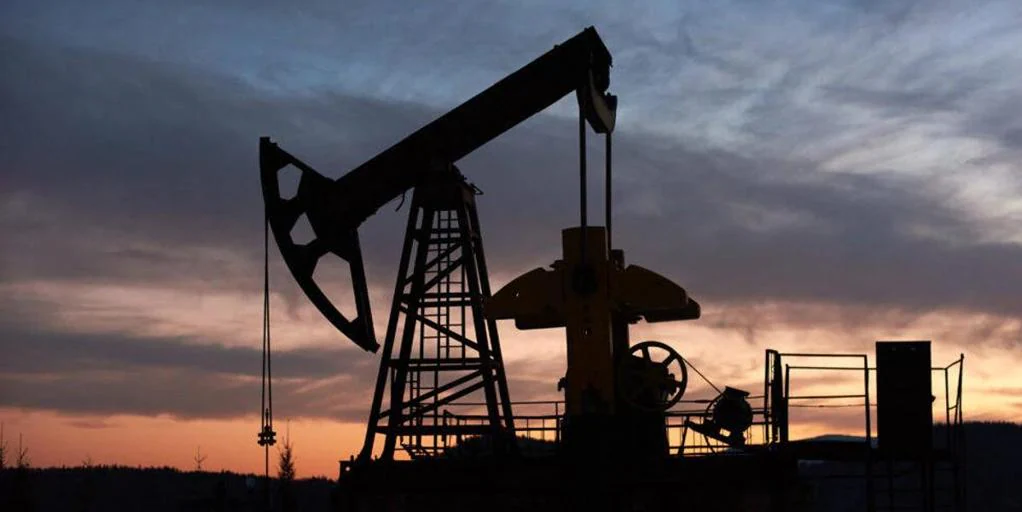OPEC+ extended production cuts to support oil prices until the end of 2025

The 22 members of the OPEC+ oil cartel reached an agreement this Sunday extend oil production cuts until the end of 2025 to support prices in conditions of economic and political uncertainty. …
OPEC, the historic cartel of producers that includes Venezuela and its partners, adopted a supply-cut strategy at the end of 2022 to try to raise prices.
The oil countries had planned to hold a mid-year meeting, following tradition at the cartel’s headquarters in Vienna, but eventually adopted a hybrid format.
The meeting began around 12:00 and an announcement was made shortly thereafter. The agreed joint production reduction is approximately two million barrels per day (mbd). But when you add in the voluntary production cuts adopted by some members, the total amount of crude oil that will stop coming to market approaches six million barrels a day.
Saudi Arabia, Russia, Algeria, Oman, Kazakhstan, Kuwait and Iraq also made additional efforts to cut production this year and will maintain those policies in 2025, the document published by OPEC+ said.
Quotas are a source of disagreement between countries
Changing quotas cause of discord in the alliance, provokes heated debates and even forces countries to leave the cartel. At this meeting, members agreed with the United Arab Emirates increase in production by almost 300,000 barrels per day.
Mukesh Sachdev, an analyst at Rystad Energy, said OPEC+ faces a “major challenge,” noting that the number of barrels coming into the market is likely “more than recorded,” putting OPEC’s strategy at risk.
Iraq and Kazakhstan exceeded their quotas in the first quarter and Russia, which is under sanctions over the war in Ukraine, reported overproduction in April.
Crude oil prices have remained virtually unchanged since the group last met six months ago and are hovering around 80 dollars. OPEC maintained its crude oil demand forecasts for 2024, but the International Energy Agency (IEA) revised its forecasts downward.
At its mid- and end-of-year meetings, the cartel seeks consensus among a group of very diverse countries that includes Saudi Arabia, which is the world’s largest crude oil exporter, and other members such as Venezuela, which faces U.S. sanctions against its sector energetic.
In this context, agreement is not always possible and In December, Angola announced its withdrawal from the cartel.just as Brazil announced it would join OPEC+ as an observer.
